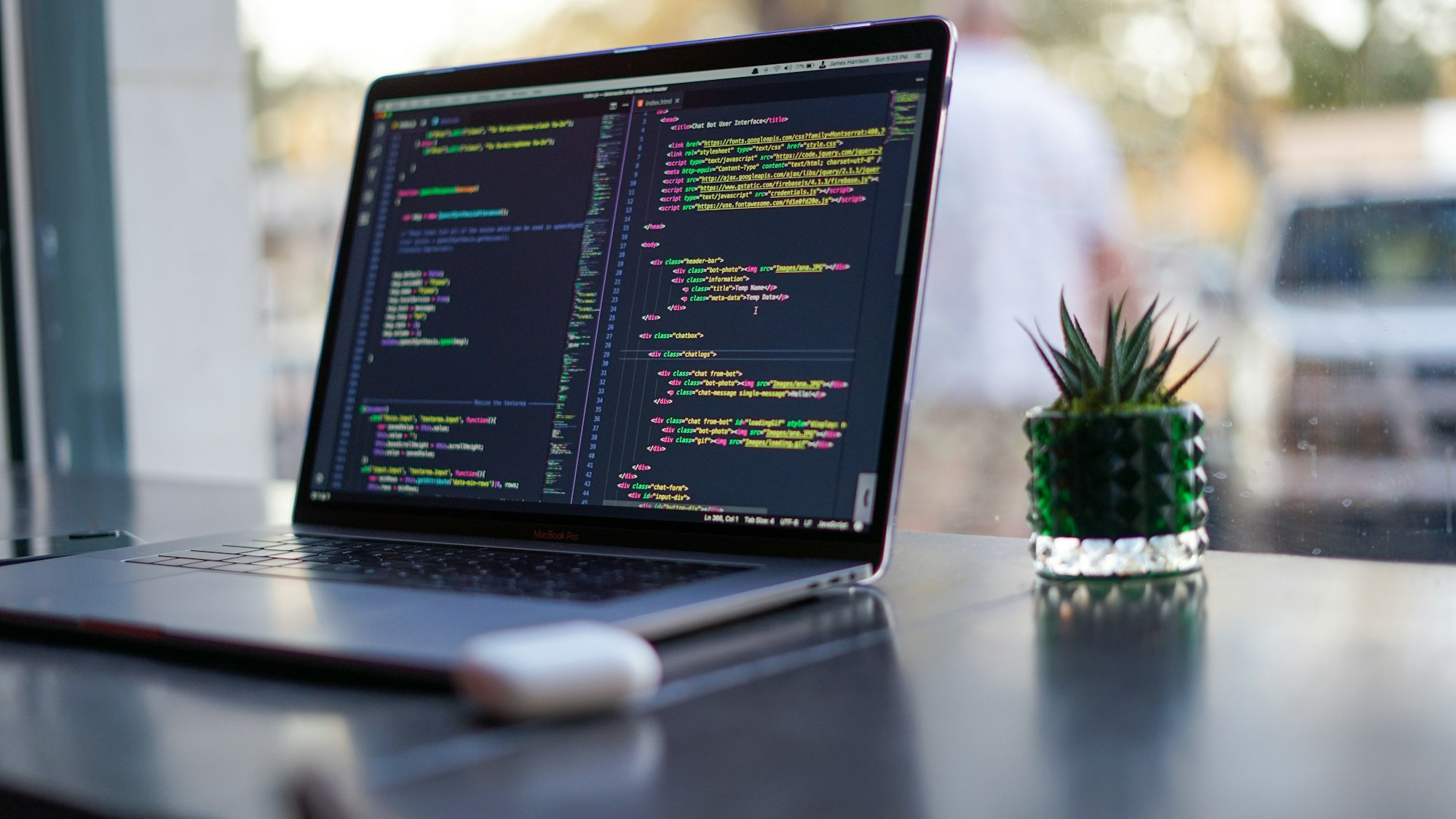An IPI number is an identifier code that songwriters need to know. IPI is short for Interested Party Information and every songwriter should have one. When you first sign up with your respective PRO, you are assigned an IPI number that is used to identify songwriters and publishers. Thus, each songwriter and publisher will have their own unique IPI code. In other words, you can think of an IPI number as a social security number for songwriters and music publishers. Originally, the IPI number used to be called the CAE number, short for Composer, Author, and Publisher. Ultimately, whether you refer to it as an IPI or CAE number, it is important to note that the code is a separate number than your account at your Performing Rights Organization.
Why is it so Important?
An IPI number can help to make sure that you were correctly identified as the writer of a song. For individuals with relatively common names like “John Smith”, having an IPI number clearly sets you apart regardless of how many other “John Smith’s” are also songwriters. If someone were to look up “John Smith” in ASCAP or BMI’s database, they would receive a multitude of songwriters with the same name, and finding filters to narrow that quantity would prove difficult. However, if you know the IPI number, you will quickly find the correct result which will link to your “John Smith” as well as the corresponding songs linked to his identity. Another reason the IPI number is so crucial is that often, as you register your own shares of songs on different platforms like your PRO, the Mechanical Licencing Collective, Harry Fox Agency, or Music Reports Inc., it can be helpful to have your co-writer’s IPI numbers. As a result, when your co-writer enters their shares of the song, it makes sure they are not entering a duplicate entry and are instead linking you to the song being registered. Now, both of your IPI numbers will be connected to a single entry of a song registered.
Sources
- What is an IPI/CAE number? BMI.com.
- What is an IPI number? Help Center.
- What is a CAE/IPI number? TuneCore.
- What is an IPI number? Watershed Music Group.
Author: Ahmad Zargar
Want to use this guide for something other than personal reading? Good news: you can, as long as your use isn’t commercial and you give Exploration credit.

This work is licensed under a Creative Commons Attribution-NonCommercial 4.0 International License.
